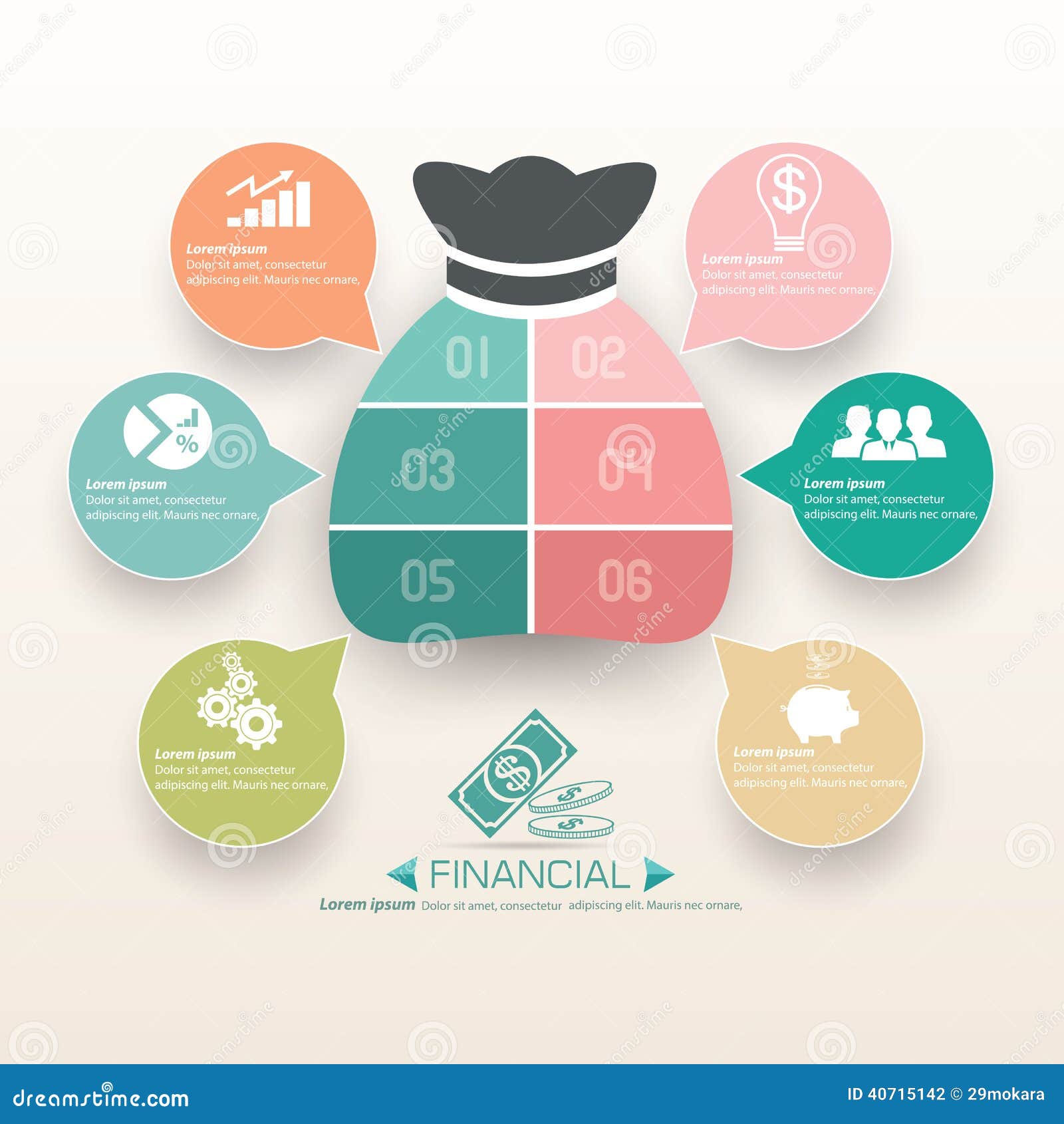The Effects Of Stopping Working To Meet An Efficiency Bond
The Effects Of Stopping Working To Meet An Efficiency Bond
Blog Article
Content By-
When a surety concerns a performance bond, it ensures that the principal (the party that purchases the bond) will certainly meet their responsibilities under the bond's terms. If the principal falls short to meet these responsibilities and defaults on the bond, the surety is in charge of covering any losses or problems that result.
1. Loss of credibility: Back-pedaling an efficiency bond can damage the principal's track record and reputation, making it more difficult to safeguard future service or funding.
2. Legal and administrative costs: The guaranty may require to pay legal and management prices related to going after the principal for damages or attempting to fix the scenario.
3. Economic losses: The guaranty may need to cover the expense of completing the job or offering the solutions that the principal stopped working to deliver. This can cause substantial economic losses for the guaranty.
4. Raised costs: If the principal has a background of back-pedaling efficiency bonds, they may be needed to pay greater costs in the future to acquire the needed bonding.
Overall, defaulting on a performance bond can have serious monetary consequences for both the principal and the guaranty. It is very important for principals to meticulously consider their commitments and ensure they have the ability to meet the terms of the bond to stay clear of these adverse end results.
Back- https://commercial-construction-t75420.blog-a-story.com/6234690/dental-braces-yourself-for-the-fascinating-story-of-just-how-a-payment-bond-rescued-a-construction-job-from-the-edge-of-calamity-changing-a-potentially-catastrophic-circumstance-into-a-victorious-success can be an expensive error for services. When you fall short to satisfy the bond's commitments, the monetary repercussions can be considerable. From paying the full bond total up to potential legal battles and harmed relationships, the repercussions can resound throughout your service procedures. Recognizing the detailed internet of financial effects that defaulting on an efficiency bond can have is important for securing your business's monetary health and wellness and reputation.
Financial Penalties for Defaulting
If you back-pedal a performance bond, you'll likely deal with substantial punitive damages. https://www.miamiherald.com/news/business/article260764407.html can differ depending on the regards to the bond arrangement yet commonly involve paying the bond quantity in full to the obligee. This suggests that if you fail to accomplish your contractual obligations, you have to pay the bond amount to the job proprietor or the entity that called for the bond.
Furthermore, you might additionally be in charge of any kind of added prices sustained by the obligee due to your default, such as discovering a replacement professional or covering project hold-ups.
Defaulting on an efficiency bond can additionally lead to lawful fees and court prices if the obligee determines to take legal action versus you to recover the bond amount. These expenses can promptly accumulate, further intensifying the monetary influence of your default. It's essential to carefully examine and comprehend the regards to the performance bond to stay clear of these extreme punitive damages.
Effect On Organization Capital
Defaulting on a performance bond can dramatically influence your organization cash flow, influencing economic stability and functional capacities. When you default on an efficiency bond, you take the chance of shedding the bond quantity, which can be a considerable amount. This loss directly impacts your capital, as you'll require to discover different sources of funding to cover the bond amount. Additionally, failing can cause enhanced examination from sureties, making it harder and extra expensive to secure bonds in the future. This can additionally stress your cash flow as you may require to allot additional resources to satisfy bonding demands.
The effect on your cash flow doesn't stop there. Back-pedaling an efficiency bond can also result in task delays or cancellations, resulting in a loss of earnings. In addition, the negative reputation that includes failing can deter potential customers, further reducing your capital. Overall, defaulting on an efficiency bond can have harmful effects on your organization's financial health and wellness and capacity to operate smoothly.
Lawful Implications and Claims
Encountering legal implications and prospective suits because of defaulting on an efficiency bond can substantially impact your business's online reputation and financial standing. When you back-pedal an efficiency bond, the guaranty company might take legal action to recover the bond quantity paid. This might result in pricey legal costs, court costs, and possible settlements or judgments against your business.
Additionally, defaulting on a performance bond might result in damaged relationships with clients, subcontractors, and vendors, influencing your capacity to secure future agreements. Lawsuits emerging from bond defaults can stain your business's trustworthiness in the sector, making it testing to bring in new partners or consumers.
In addition, if the default causes a court judgment against your company, it could cause property seizure or liens, additionally straining your monetary security. For that reason, it's crucial to recognize the lawful implications of defaulting on an efficiency bond and take aggressive steps to mitigate the risks entailed.
Final thought
As you deal with the effects of defaulting on an efficiency bond, remember this: it resembles strolling a tightrope without a safeguard. One incorrect move can send you dropping into a financial freefall, with no method to stop the autumn.
The financial penalties, cash flow influence, and legal implications are all waiting to capture you if you mistake. So step very carefully, and always honor your dedications to prevent the rough effects of default.
